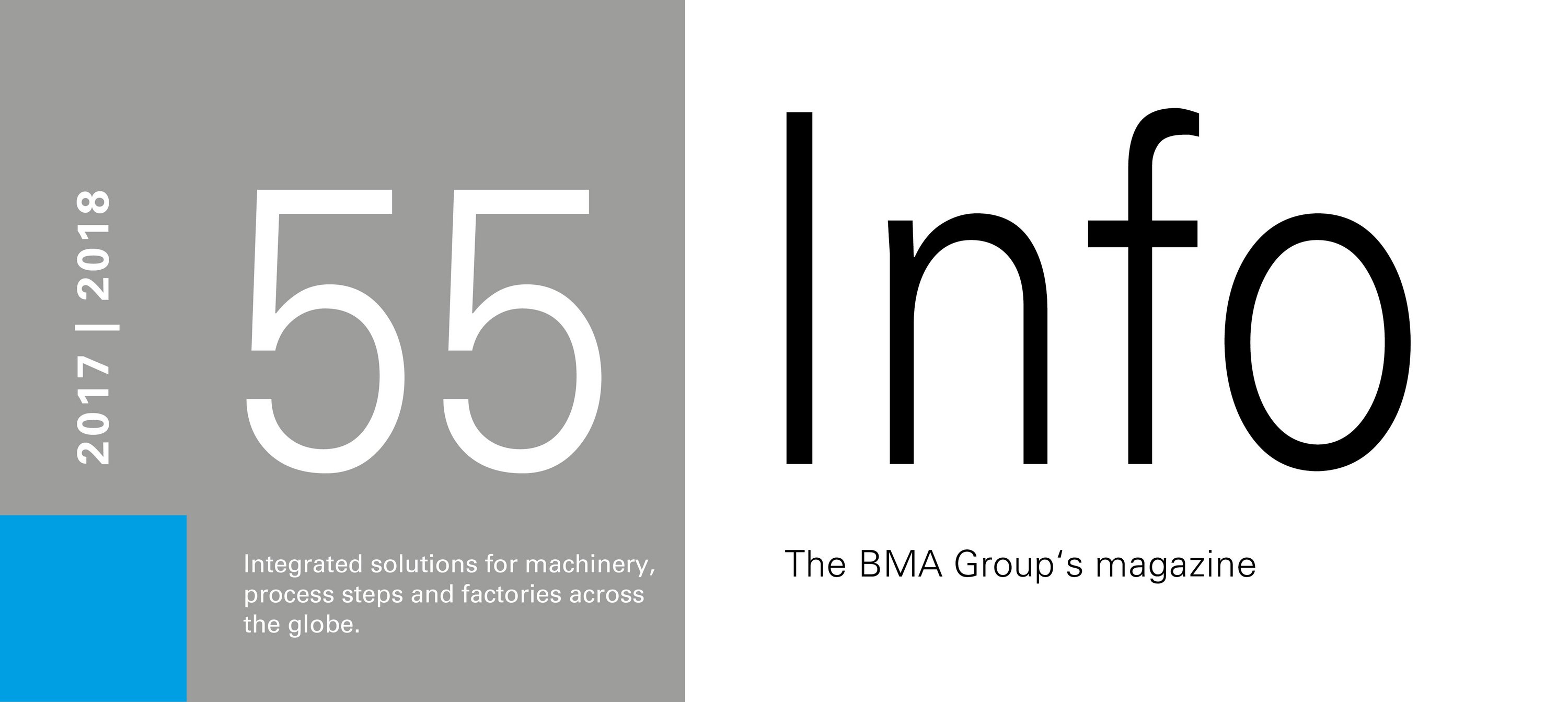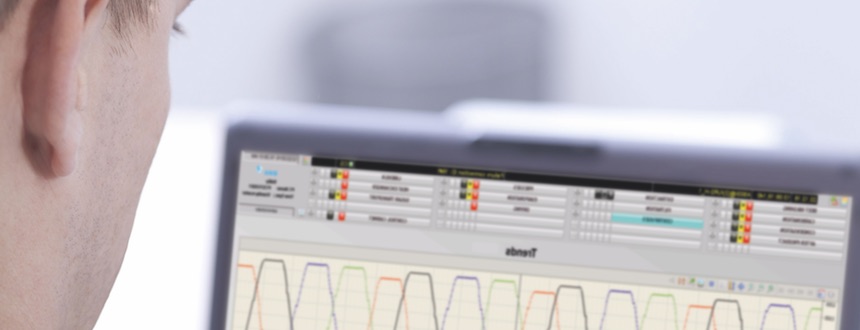Smart Sequencing for centrifugals in a cluster

01.07.2017
More efficiency, less effort
Smart Sequencing for centrifugals in a cluster
Better performance and lower operating costs – these goals are becoming ever more important for the sugar industry. Also in the use of batch centrifugals. BMA focuses especially on improving their energy efficiency.
Because of their production-related mode of operation, batch centrifugals put a high load on the power grid. The use of regenerative frequency converters results in varying electrical loads in the power grid: when a centrifugal accelerates, it consumes power; when it brakes, it feeds power into the grid. As the number of centrifugals increases, the effect becomes more pronounced.
For process optimisation: sequential centrifugal control
Sequential control of the centrifugals solves this problem. It prevents simultaneous starting of the machines and thus stops them exceeding the maximum loads. To apply sequential control requires a high level of knowledge and experience. But adapting the centrifugals to the processes also requires an enormous effort.
BMA have made it their business to make progress here. The concept is called Smart Sequencing. Sequential control as such is nothing new. The innovation lies in the automatic evaluation of process data and the continuous adjustments made while the process is running.
Smart Sequencing Control constantly processes the centrifugal process data. The result: optimum interlocking times computed by the control system, and energy-efficient operation of the centrifugals. To achieve maximum throughput, the operating mode can be changed while the process is running, in order to permit starts at the shortest possible intervals.
A strong cluster of 24 centrifugals
Smart Sequencing Control can manage up to 24 centrifugals. They are divided into up to four groups with up to six machines each. This division can be made while the process is running. What counts is the perfect management of BMA centrifugals. Thanks to the use of the latest technologies, even their drives can be controlled. As a result, the machines do not consume power unnecessarily during waiting periods.
This innovation from BMA offers clear benefits to the sugar industry – also because of the definition of standard data, which means that centrifugals from other manufacturers can be integrated into the sequencing concept. BMA also benefits, from the flexibility to respond to a broad range of centrifugal constellations, to meet all of the industry’s requirements.

More about BMA Automation

